| Clutching My Pearls is about Jane Austen and the times she lived in. Click here for the first in the series. Disclaimer: To repeat something I mentioned at the beginning of this series of posts about Mansfield Park, "When I say I disagree that Mansfield Park is an anti-slavery novel, it does not mean I want to shut my eyes and ears and read my dear sweet Jane without troubling my conscience about the ugly underbelly of Regency England." I read Mansfield Park for its literary merit. I read about slavery in books that are actually about slavery. |
- "One of the first historicizations of Mansfield Park was Margaret Kirkham’s suggestion in 1983 that the name of the house, and village, was an allusion to the famous judge, Lord Mansfield."
- "Rightly, some of these readings connect Mansfield Park to the important slave trial after which Austen named it: the 1772 case of Somerset against Stewart, heard in the King’s Bench before Lord Mansfield, which freed the enslaved black man, James Somerset,from his master, Charles Stewart."
- Significantly, Lord Mansfield, the noted eighteenth-century jurist whose name is invoked by the title of Austen's novel, did more than lend his name to an important legal case on slavery..."
- "She points out that the title of the novel alludes to Lord Chief Justice Mansfield, who stipulated in 1772 that slaves could not be forced to return from Britain to the Caribbean."
- “Emancipation is the theme closest to the heart of Mansfield Park, and as might be expected from a title that enshrines the name of the judge who pronounced that there could be no slave on British soil, the novel examines domestic forms of subjection against the distant backdrop of the international trade.”
- "In titling Mansfield Park, Austen nods to William Mansfield, who, as Lord Chief Justice, prepared the path to abolition by declaring slavery 'odious' and neither 'allowed or approved by the law of England' (Somerset’s Case, 1772)." (Actually, his name was William Murray. "Mansfield" is his title of nobility).
- "Both Moira Ferguson and Joseph Lew have pointed out that its title is associated with a landmark legal decision of 1772, in which Lord Mansfield declared that all persons of whatsoever race or personal history were free so long as they were on English soil…"
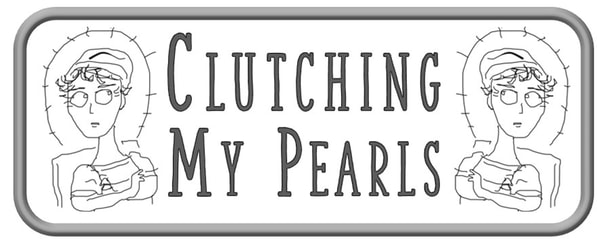
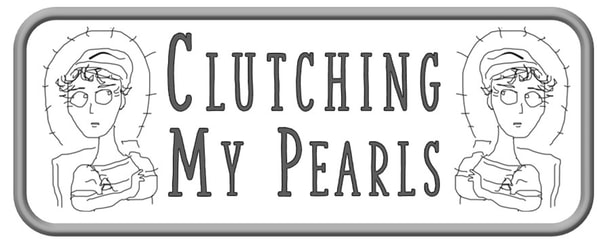
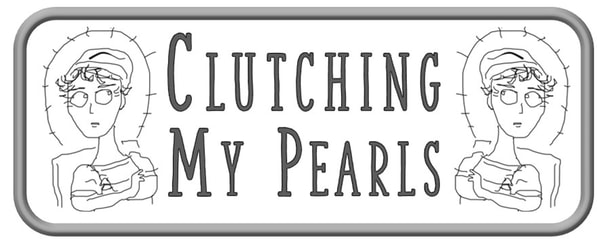
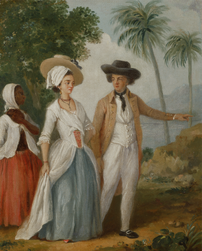
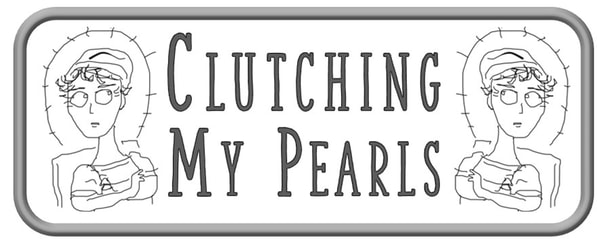
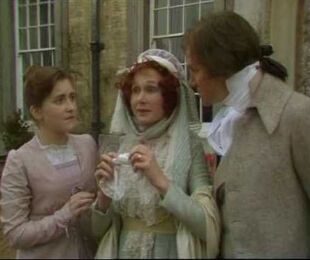
 RSS Feed
RSS Feed